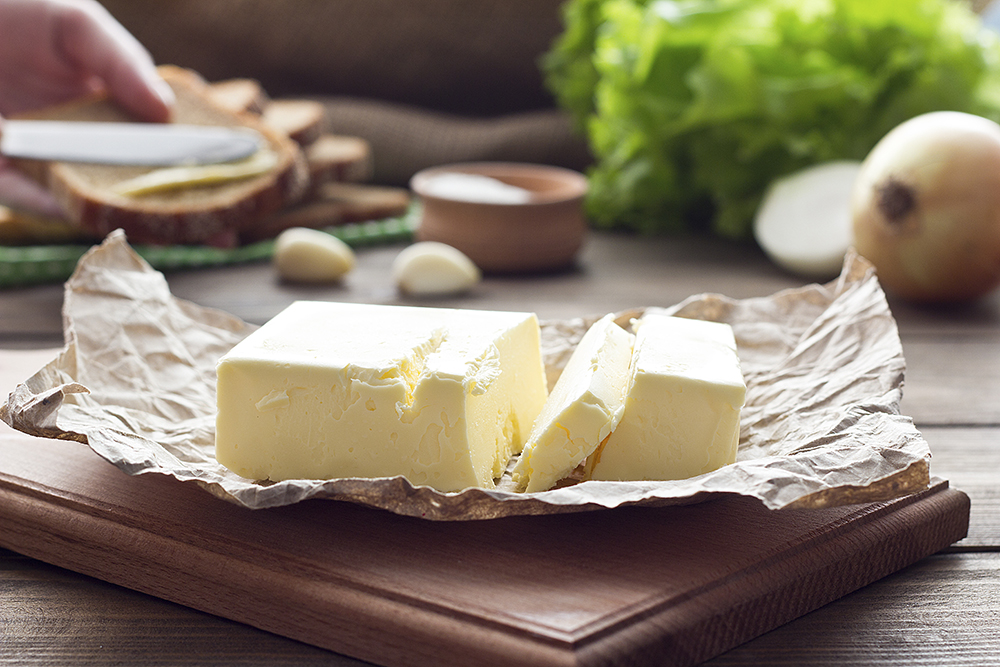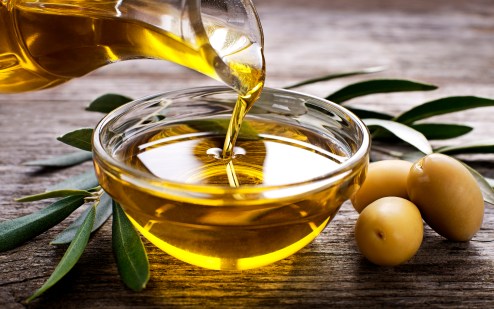Nutrition Notes: Why butter is better
Nutritionist Eve Kalinik on how butter can be part of a healthy diet

Move over marge – butter is back! In recent years, the notion that butter would become a health food could be perceived as sacrilegious. But like a lot of the foods we may have deemed ‘unhealthy’, that’s not the full story.
In fact, butter and its closest ally, ghee (clarified butter) have been around for millennia and for good reason.
Butter does have high levels of saturated fat, but consuming saturated fat doesn’t always equal moving up a dress size; it can be the opposite, helping to support metabolic processes and providing vital nutrients that, in turn, support a healthy weight. Rather than dodging butter, it’s actually refined processed foods and hidden sugars that you need to be wary of.
Margarine is one of the most processed foods, using hydrogenated polyunsaturated oils that studies show can have detrimental effects on our health due to the unnatural chemical structure of manufactured fats. These oils can be difficult for the body to excrete; they create increased oxidisation and inflammation in the body, linked to an increased risk of cardiovascular diseases, diabetes and digestive issues.
In contrast, compounds in butter, such as conjugated linoleic acid and butyrate, not only have beneficial associations with the way in which we break down food, but also have anti-inflammatory and positive digestion-supporting properties, too. As we need the type of saturated fats found in butter for hormone-balancing and neurotransmitter functions, if you restrict them from your diet, you are likely to feel miserable and hungry, as they help stabilise blood sugar levels, too.
Butter benefits
Butter is also a great bioavailable source of pre-formed vitamin A (the more easily-absorbed kind), and it contains vitamins D and E, too. But it is the vitamin K2 in the grass-fed kind that can have significant health benefits when it comes to maintaining strong bones and reducing the risk of cardiovascular disease. When using it, remember that a little goes a long way.
Because butter has a very high smoking point, it is really one of the only oils you should be heating at high temperatures. Leave the olive oil and others that are liquid at room temperature to drizzle on after cooking. Oh, and lest I miss out the most important thing about butter, it tastes amazing, too!
For more from Eve, go to evekalinik.com
On the menu:
- Organic sourdough bread with butter
- Eve’s new obsession: Homewood Unpasteurised Ewe’s Cheese Halloumi, from £2.20/100g
- Eve’s choice of butters include: Pukka Organic Ghee, £8.95/300g; Calon Wen Organic Unsalted Butter, £1.75/250g; Rachel’s Organic Unsalted Butter, £1.75/250g; Yeo Valley Organic Unsalted Butter, £1.70/250g, and Brinkworth Dairy Butter, £2.20/250g
Photograph: iStock








